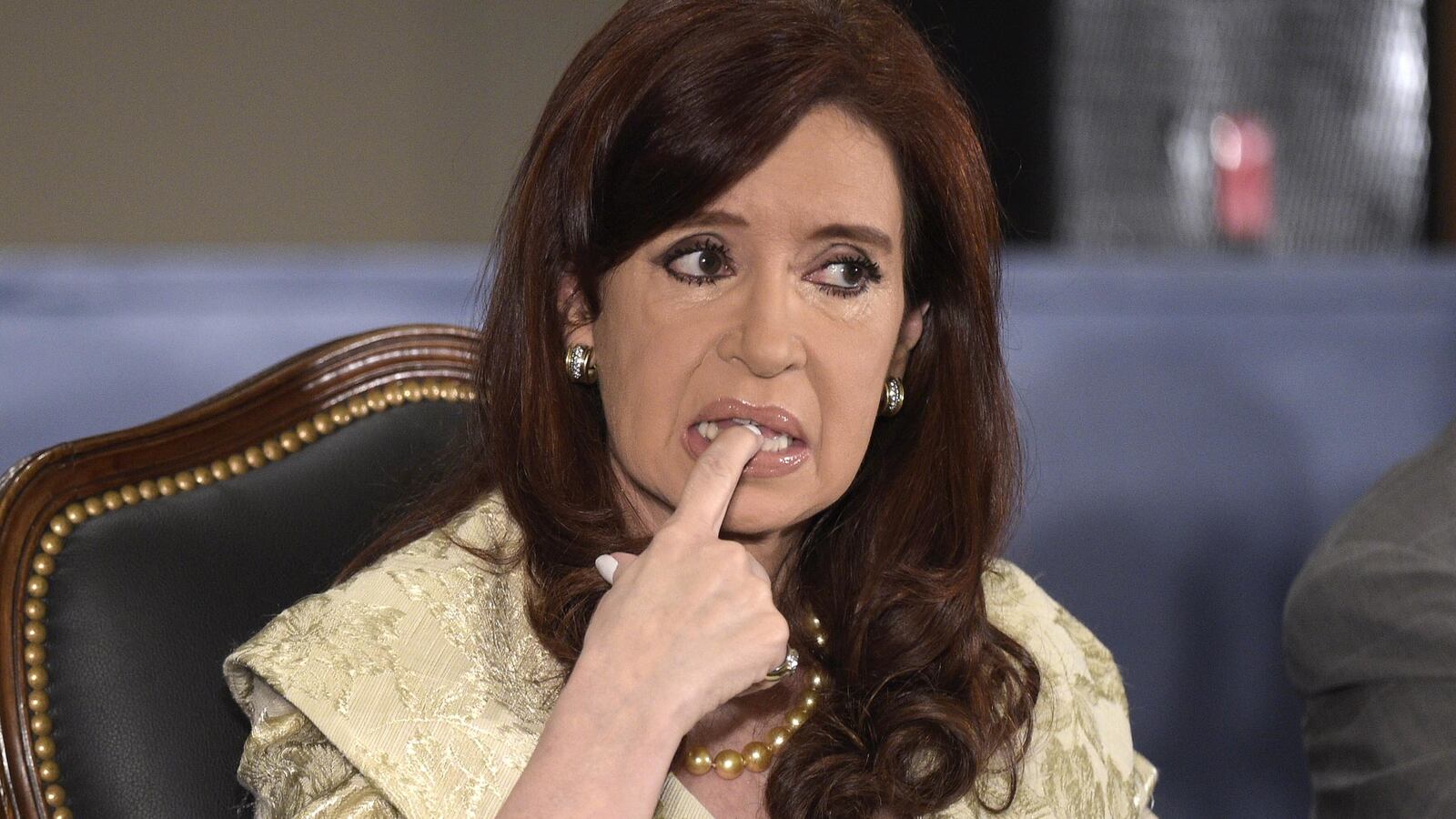Argentinian President Cristina Fernández de Kirchner and Foreign Minister Hector Timerman have been charged with allegedly trying to cover up Iran’s involvement in the 1994 bombing of a Jewish center in Buenos Aires that killed 85 people. Prosecutor Alberto Nisman had drafted an arrest warrant for Kirchner prior to his Jan. 18 death, which was first ruled a suicide and now is suspected of being a murder. Nisman was found dead in his apartment with a bullet wound to the head, one day before he was set to deliver a 289-page criminal complaint alleging a coverup.
The posthumously published complaint contains an “extensive record of telephone conversations revealing what appear to be back-channel talks between senior officials looking to trade business deals for an international ‘get out of jail free’ card,” Christopher Dickey wrote. Nisman alleges that Kirchner and Timerman in 2011 told Tehran they would drop efforts to prosecute Iranians in exchange for cheap oil and export access to Iran’s market. Jorge Capitanich, Kirchner's cabinet chief, called the decision a "judicial putschism" and "an active strategy of destabilization," the New York Times reports.
While the cause of Nisman’s death remains unclear (he didn’t own the gun found on him), he sensed he was a marked man.
“I might come out of this dead,” Nisman said just hours before a bullet was put in his brain.
A judge will now begin an inquiry and consider evidence to decide whether the case should go to trial, according to Susan Ciruzzi, a professor of criminal law at the University of Buenos Aires. Nisman noted in his complaint that the alleged back-door deal had not transpired while Kirchner's government has previously argued that Interpol had confirmed that Timerman did not attempt to lift warrants for the arrest of the Iranian officials suspected in the bombing.





